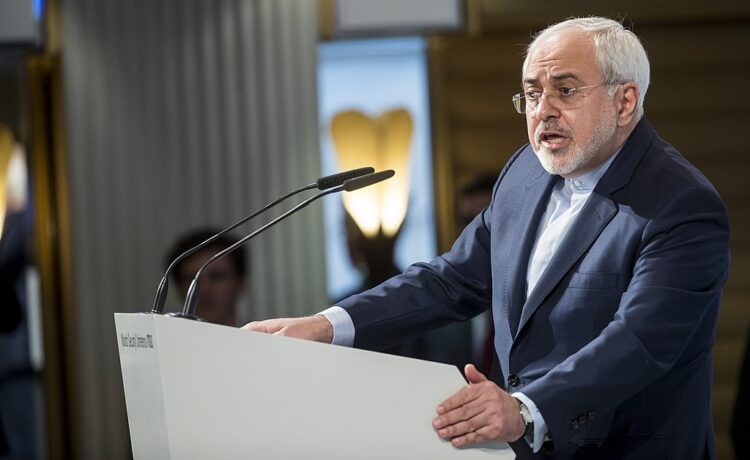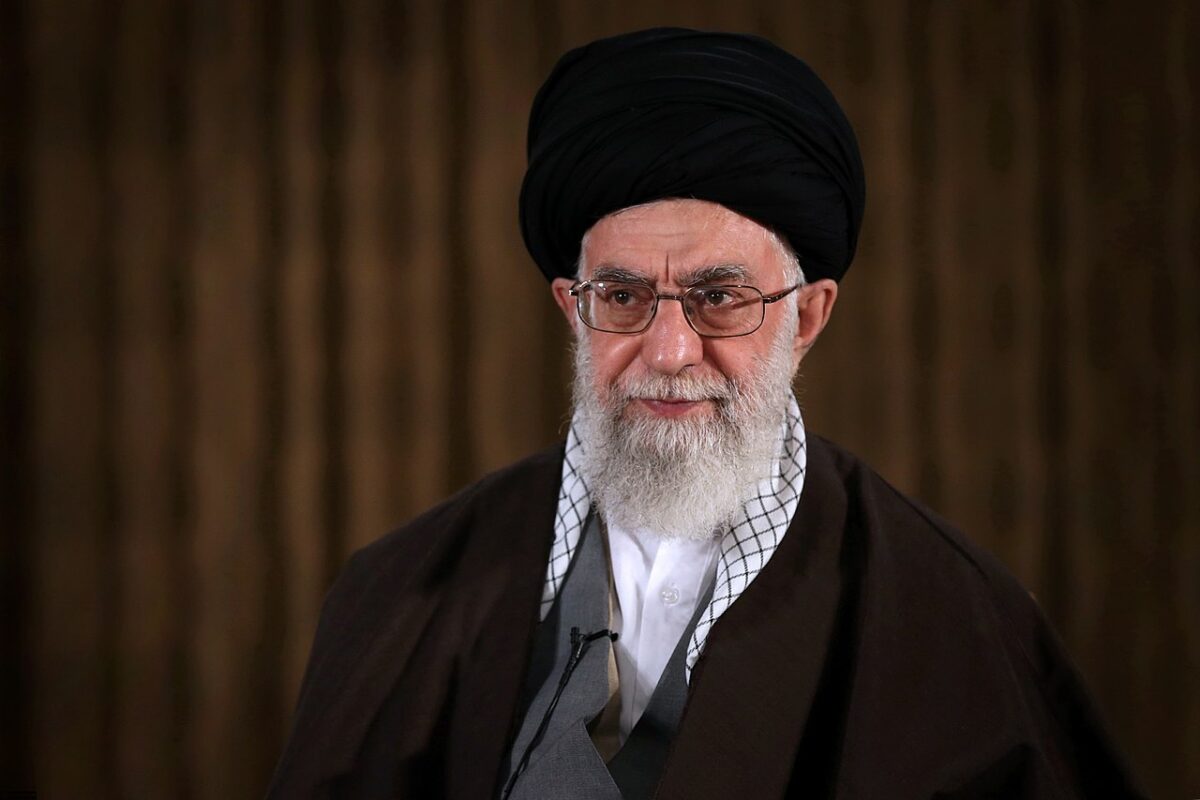Judging by their overblown reaction to the latest cross-border Gaza war, which ended with a truce on May 21, the leaders of Iran may as well be living in an alternate universe.
As far as they’re concerned, Hamas won a spectacular victory and Israel was humbled by a crushing defeat after 11 days of fighting, which claimed the lives of 13 Israelis and about 240 Palestinians.
In fact, the fourth Gaza war since 2008 ended in a draw, with Hamas firing rockets and mortars and Israel launching retaliatory air strikes until an Egyptian-brokered ceasefire went into effect.
Iran — Israel’s fiercest enemy and Hamas’ ardent ally — had a direct stake in the conflict.
The Islamic fundamentalist Iranian regime, which regularly calls for Israel’s destruction, supplied Hamas with rockets or the parts, blueprints and expertise to build them in workshops throughout Gaza.
During the war, Israel destroyed some of these factories and killed a number of its scientists. After the war, Hamas leader Ismail Haniyeh thanked Iran for its help in developing its military industry.
A few days before the outbreak of the war, Iran’s supreme leader, Ayatollah Ali Khamenei, unleashed a bitter denunciation of Israel to mark Al-Quds Day, an annual festival dedicated to demonizing Israel.
“Israel is not a country, but a terrorist base against the nation of Palestine and other Muslim nations,” he said. Branding Israel as a “despotic regime,” he claimed that the “decline of the enemy Zionist regime has begun and will not stop.”

In a tweet days before Al-Quds Day, Iranian Foreign Minister Mohammed Javad Zarif offered a self-congratulatory assessment of Iran’s solidarity with the Palestinians. “Palestine is a yardstick for justice,” he wrote. “Few measure up. But Iran has proudly stood with Palestinian people, who resist the brutality of the apartheid regime.”
Khamenei waited until the end of the war to deliver his verdict of its outcome. In a statement on his official website, he wrote, “I thank dear and almighty God for the victory and honor bestowed upon Palestinian fighters. The continuation of crimes, and the ceasefire, were both part of Israel’s defeat. They were forced to accept defeat.”
He urged Muslim states to back the Palestinians, “whether by strengthening Palestinian forces with financial support … or by rebuilding infrastructure that was destroyed in Gaza.”
Iran’s Foreign Ministry spokesman, Saeed Khatibzadeh, expressed similar sentiments. “Congratulations to our Palestinian sisters and brothers for the historic victory,” he wrote on Twitter. “Your resistance forced the aggressor to retreat.”
Iranian state media, meanwhile, voiced satisfaction that Israeli cities had been struck by Hamas rockets, considering this payback for operations Israel has mounted to disable Iran’s nuclear program and destroy Iranian military bases in Syria.
The commander of Iran’s Revolutionary Guards, General Hossein Salami, waxed euphoric. Addressing a pro-Palestinian rally in Tehran two days before the truce, he said, “Today we are witnessing the birth of a new Palestine … fighting with missiles. A new Israel has also emerged, one that is broken, frustrated and downcast, that has lost confidence in itself.”

Salami’s bluster was fully expected. Four days before the war, he boasted that Israel could be “blown up in a single operation.”
On May 22, Salami announced that a new combat drone has been named Gaza in honor of Hamas fighters who had resisted “the Zionist invasion and aggression.” Capable of flying at an altitude of 35,000 feet for 20 hours, it can carry 13 bombs.
Forty eight hours prior to Salami’s announcement, Israeli Prime Minister Benjamin Netanyahu disclosed that an armed drone downed by Israel last week near the Jordan Valley town of Beit She’an had been launched by Iran from either Syria or Iraq.

Three years ago, the Israeli Air Force intercepted an Iranian drone laden with explosives over northern Israel. By way of response, Israel struck Iranian military sites in Syria.
Accusing Iran of giving Hamas, Islamic Jihad and other like-minded groups military assistance, Netanyahu said, “They provide the scaffolding on which these organizations work.”
This is correct. Iran has channelled invaluable assistance to Hamas and will continue to do so in the future.
